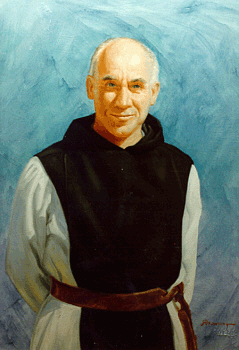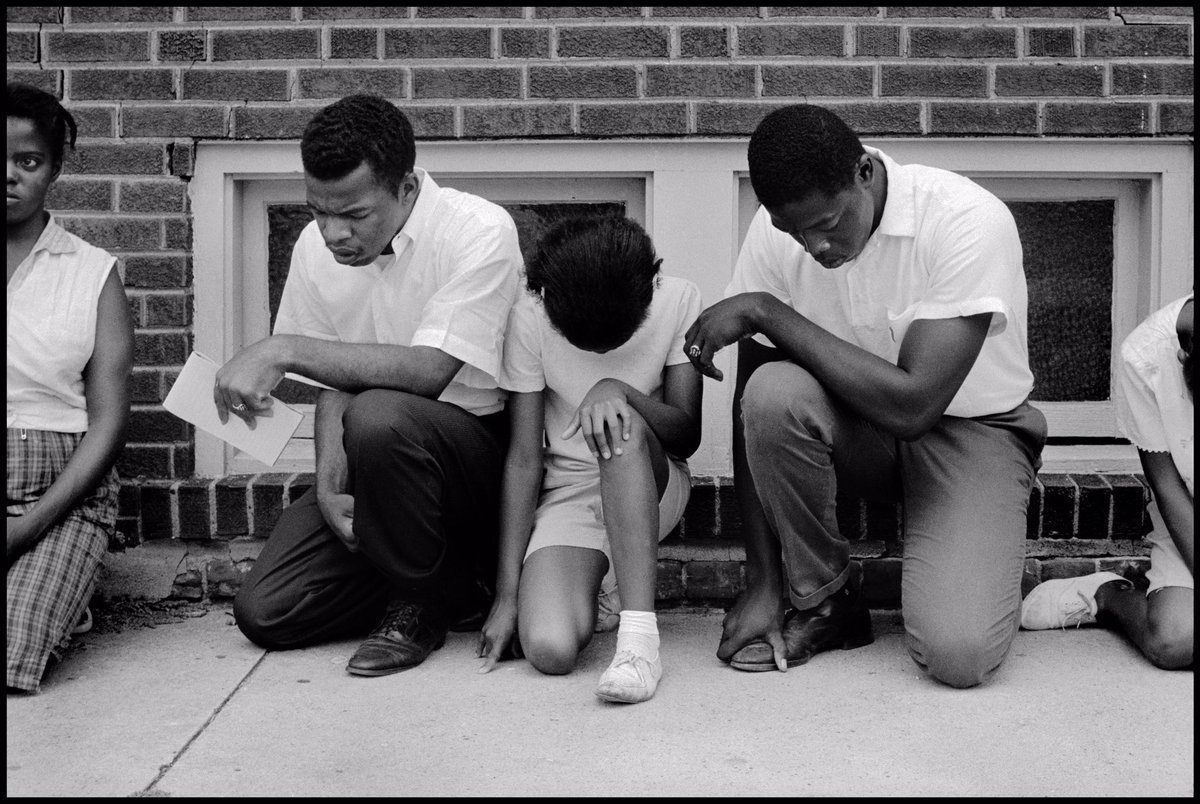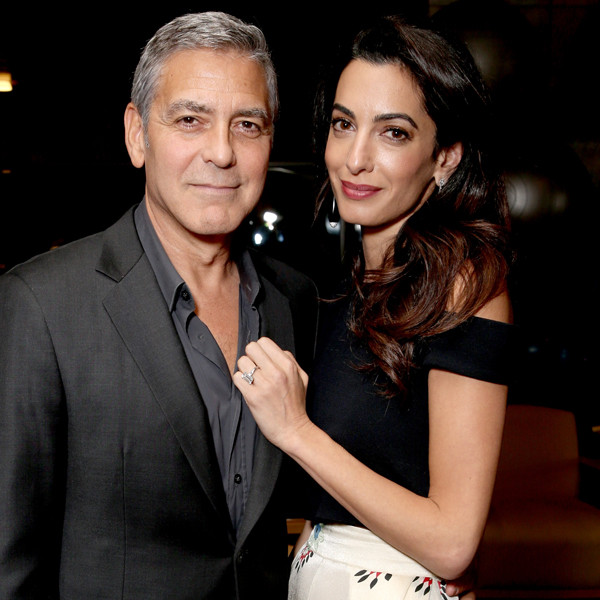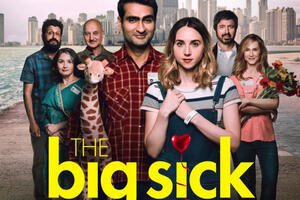 And why beholdest thou the mote that is in thy brother's eye,
but considerest not the beam that is in thine own eye?
And why beholdest thou the mote that is in thy brother's eye,
but considerest not the beam that is in thine own eye?
Or how wilt thou say to thy brother,
Let me pull out the mote out of thine eye; and, behold, a beam is in thine own eye?
Thou hypocrite, first cast out the beam out of thine own eye;
and then shalt thou see clearly to cast out the mote out of thy brother's eye.
Matthew 7:3-5 King James Version
After the president of the United States addressed the United Nations and threatened to retaliate against possible North Korean aggression by killing millions of innocent civilians the prime minister of Canada had nowhere to go but up when he spoke to the assembly yesterday.
Justin Trudeau addressed a number of issues including climate change, and global unity, but did so briefly compared to his focus on aboriginal issues in our country. While this is a Canadian issue and a national shame, he decided to acknowledge our failings in this international forum and promise to work toward positive change. Here is the Globe and Mail report on the speech:
Prime Minister Justin Trudeau used his address at the United Nations General Assembly to shine a light on a dark chapter of Canadian history: the story of Canada's Indigenous peoples and their challenging relationship with the government.
Speaking to the UN General Assembly on Thursday, Mr. Trudeau described the struggles Canada's Indigenous peoples have faced since colonialism through today. He emphasized the government's responsibility to improve that relationship, saying the world has a similar duty to respond to global challenges.
"For First Nations, Metis Nation and Inuit peoples in Canada, those early colonial relationships were not about strength through diversity, or a celebration of differences," Mr. Trudeau told the UN.
"For Indigenous peoples in Canada, the experience was mostly one of humiliation, neglect, and abuse." Mr. Trudeau spoke about the lack of safe drinking and bathing water in Indigenous communities across Canada, pointing to the government's elimination of more than two-dozen boil-water advisories and its plans to end those that remain. He spoke about the youth suicide epidemics on some reserves. "There are Indigenous parents in Canada who say goodnight to their children, and have to cross their fingers in the hopes that their kids won't run away, or take their own lives in the night."
I am one Canadian who is pleased that Trudeau put this subject at the forefront of his speech. I'm also intrigued that his recent cabinet shuffle has assigned two capable ministers to the issues of indigenous peoples in this country. I think this is an encouraging strategy. At the same time I'm concerned that there seems to be a lot of high-minded talk without substantive action halfway through the mandate of this Liberal government.
The National Inquiry into Missing and Murdered Indigenous Women and Girls is a shambles, with key members quitting and frustration expressed by others in leadership. The families of those missing persons are frustrated that they aren't being consulted and the whole process seems to be teetering on collapse. Educational funding for First Nations children isn't being adequately addressed, nor is safe water supplies for reserves. It does appear that systemic racism toward Native people exists in police forces and in our justice system We need to hear more, but more importantly to see more from the feds.
Trudeau actually got King James biblical in the press conference following his speech. He said that Canada must acknowledge the beam in its own eye rather than pointing to the motes in the eyes of other nations. Perhaps as a self-proclaimed feminist he could have used a more inclusive version, but we get the point.
Thank you Prime Minister Trudeau for addressing this before the United Nations. As a Canadian citizen and as a member of a denomination, the United Church, which was sadly complicit in the destruction of First Nations culture, I want more. Please walk the walk as well as talking the talk. None of us should be hypocrites when it comes to equality for Indigenous peoples in Canada.
Comments?









